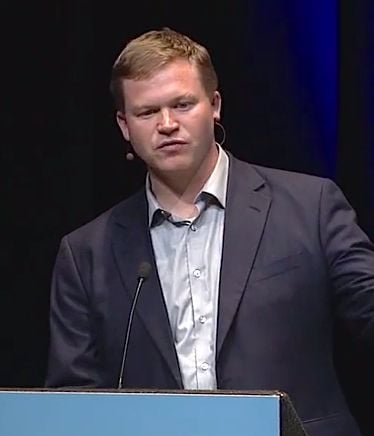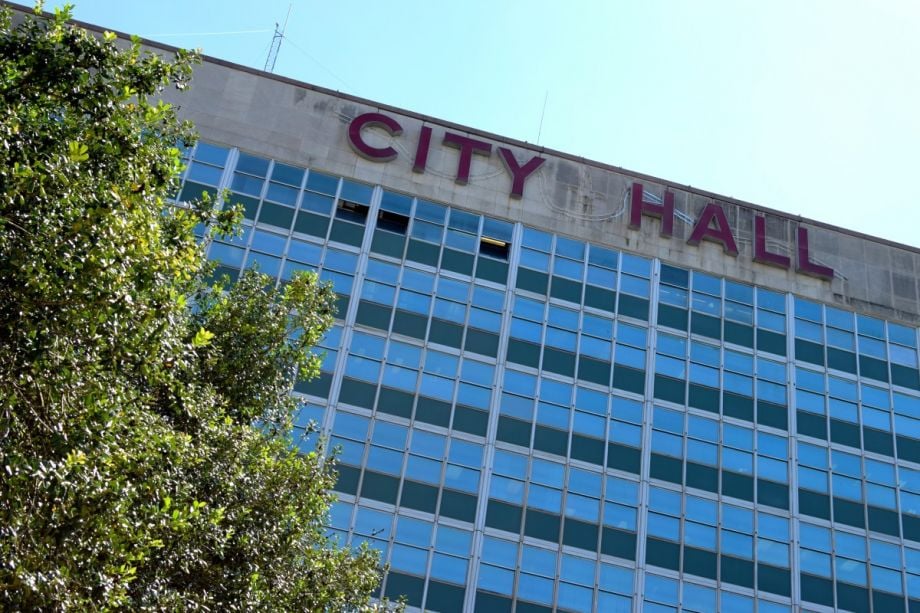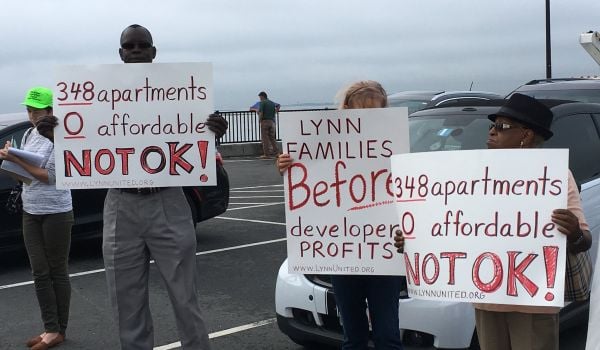When Oliver Wise took a job with the City of New Orleans, the government was making headlines — and not in a good way. New Orleans’ current mayor, Mitch Landrieu, had just taken office and, according to Wise, he’d inherited a city on the brink.
“The budget was being overrun by about 25 percent, all critical services were performing at very low levels, government had been cut in half after Katrina,” he says of those days in 2010. “There were a lot of very dedicated civil servants who worked very hard. Unfortunately, they were being failed by poor leadership.”
Soon after taking office, Landrieu brought in consultant David Osborne to assess what could be done. Osborne, who had previously worked with Al Gore’s National Performance Review, delivered a long list — along with some choice words.
“He said it was the most dysfunctional government he’d ever seen,” Wise recalls.
If you’re cynical, there are probably a number of things you’d expect to see after a report that harsh — an influx of one-time funding given to vote-getters like public safety and schools; a pretty capital project; a mayoral ribbon-cutting to secure some good PR. Instead, Landrieu’s administration went to work heeding the report’s recommended overhaul, hinged on cultural changes, procurement reforms, data collection and performance metrics.
Today, Wise heads a small department focused on the latter two. As director of the Office of Performance and Accountability, his position resembles that of chief data officer in Los Angeles or San Francisco, and his team does similar work. Poring over stacks of paperwork, department by department. Tracking census numbers. Designing scalable new computer programs.
But unlike analysts in Los Angeles or San Francisco, Wise’s team is working on problems unique to post-Katrina New Orleans.
Since its inception, one of the office’s main tasks has involved helping other departments measure their effectiveness. Landrieu’s strategic goals include supporting public safety, sustainability, economic development, children, and families, and open and effective government. So Wise’s office has worked to find what he calls “high-level outcome indicators” around those goals, hard numbers that can be tracked and measured like the citywide murder and infant mortality rates.

Oliver Wise, director of New Orleans’ Office of Performance and Accountability, talks to a Code for America audience.
“It’s a different way of approaching management for city hall, using data as a way to create a feedback loop,” he says.
Another project involves blighted properties. When Wise was hired, the city had a backlog of properties that needed to be inspected and then either demolished or sold as foreclosures.
“Either you’re going down the path of sale or demolishing — that’s a high stakes, difficult decision, and if you demolish, that’s irreversible,” Wise says. “We had one person making that decision.”
So along with code enforcement staff and Deputy Chief Administrative Officer Ava Rogers, Wise’s department realized there had to be a way to replicate the process. They teased out the variables that led down one path or another, factors like the severity of a property’s blight and whether it had any historic significance. Eventually, they were able to create an algorithm that allowed five people to share a job that only one person did before.
“It allowed us to spread out the decision-making power … without losing any of the rigor,” he says, adding that as of this year the city’s original backlog is finally clear.
One other project, announced earlier this year, tackled a big public safety issue. The problem became tragically clear last year, Wise recalls, when five people, including three children, died in a fire. The building lacked a smoke alarm.
Wise’s team began looking into research around smoke alarms.
“We found that, nearly always when people die, there’s no smoke alarm,” he says. “But smoke alarms are incredibly cheap, and we get thousands of them from the Red Cross.”
A conversation with the fire chief revealed a clear solution.
“He had always put an emphasis on prevention, and we asked how we could help. He said that we need to start going door to door instead of waiting for people to come to us,” Wise recalls.
But the city didn’t have the limitless time (or employees) for door-to-door canvassing. Wise’s department realized it needed to know two things: which census block groups were the least likely to have fire alarms, and which were the most likely to suffer fatalities. Overlapping those two data sets would point the fire department to residents most at risk. The Targeted Smoke Alarm Outreach Program signaled the beginning of Nolalytics, a cross-departmental initiative that Wise says will continue to drive data-driven projects going forward, though he’s tight-lipped on what, exactly, they will be.
“This is an evolving field that is very much in its nascent stages, and I don’t think it can solve everything,” he says, referring to analytics.
But New Orleans shows that the field can certainly be helpful for some public sphere challenges — and not just for cities that want to put iPads in classrooms or pioneer the perfect luxury bus. About five years ago, New Orleans was declared to be one of the city’s most dysfunctional local governments. Now, its creative data strategies are making headlines of a much better kind.

Rachel Dovey is an award-winning freelance writer and former USC Annenberg fellow living at the northern tip of California’s Bay Area. She writes about infrastructure, water and climate change and has been published by Bust, Wired, Paste, SF Weekly, the East Bay Express and the North Bay Bohemian
Follow Rachel .(JavaScript must be enabled to view this email address)















